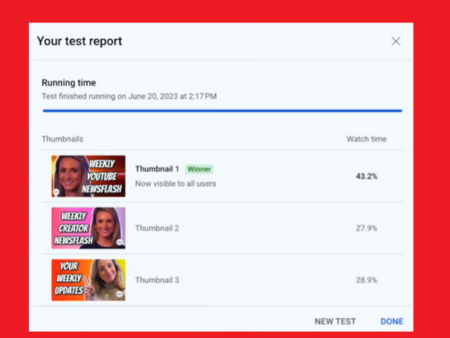Reseller
Snapchat has released new insights into the diversity of content that appears on its Stories page, as part of a broader effort to ensure greater inclusion and representation within its funded content in the app.
As per Snap:
“We believe the content on our platform should be representative of the Snapchat community and their interests. Snap conducted an audience assessment and its first content audit to take a deeper look at partnered content on the Stories page and better understand the quantity and quality of on-screen representation of different identity groups. We’ll use the results to inform future programming and partnerships on our platform.”
Snap undertook two studies on this front, partnering with the University of California, the University of Southern California, along with KRI, to assess representational equity within its programming.
The results show that Snap-commissioned content is in line with industry norms, though Snap notes that it can to more to improve and ensure greater diversity in its content.
Among the key findings:
- 17.7% of characters in Snap-partnered content were Black/African-American, which is higher than the general population (13.4%). However, Hispanic/Latinx characters represented only 5.2% of characters compared to 18.5% in the general population.
- Female characters made up 37% of on-screen representation vs ~50% in the general population. In addition, women characters were more likely to appear in specific genre categories such as Beauty, Fashion & Style, Animals, DIY & Crafts, Animation, and Parenting.
- Characters from underrepresented racial/ethnic groups were also more likely to appear in video content published from channels associated with the genres of Sports, Beauty, Parenting, Travel, and General Satisfying.
In addition to this, the KRI global identity study found that in the majority of markets, around 20% or more of daily Snapchatters are members of the LGBTQ+ community.
With these findings in mind, Snap’s committed to improving representation in its commissioned programming, which will importantly include a focus not only on representation itself, but also on how characters are portrayed within its shows.
Snap says that it will also work with creative partners to underline the importance of representation, while it’ll also develop new tools to track its progress in these areas.
This is a critical, yet sensitive area, because while representation is indeed a critical element, it can also veer into tokenism when done wrong, and feel disingenuous and forced. Facilitating the right approach is key, and that can be a challenge for many writers that are trying to meet a defined quota or set goal on this front.
The real aim should be on highlighting relevant, representative stories from different communities, as opposed to instituting direct targets across the board. But at the same time, the importance of reflecting a broader set of views and characters necessitates education on this front.
As such, this is a good initiative, which will hopefully help Snap better cater to all audience segments.













